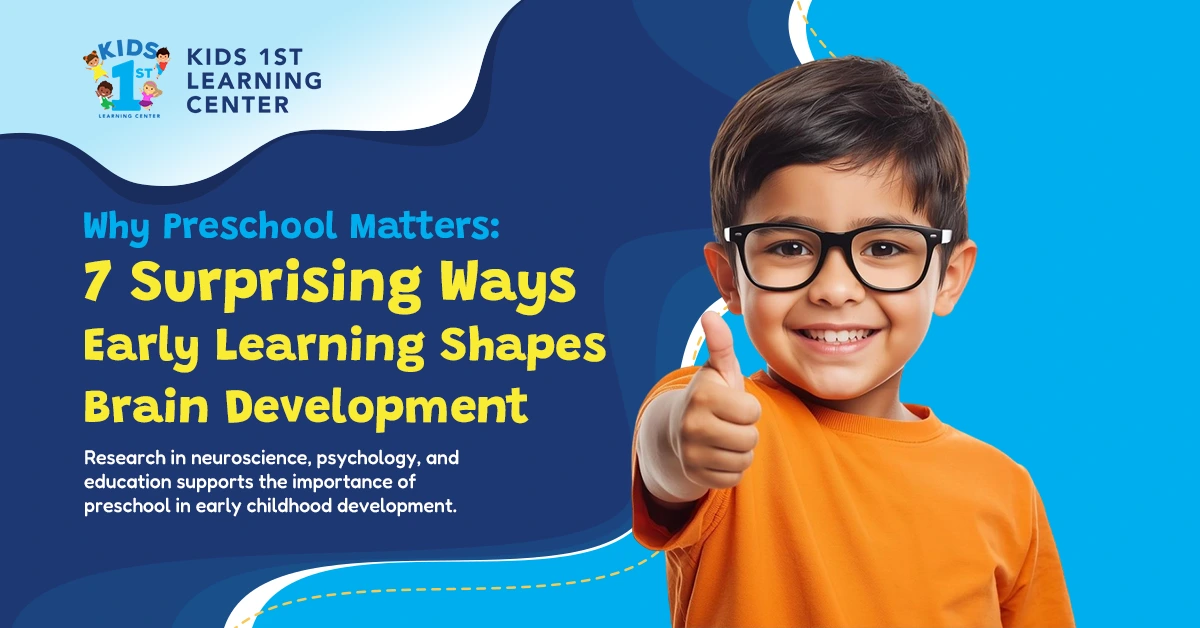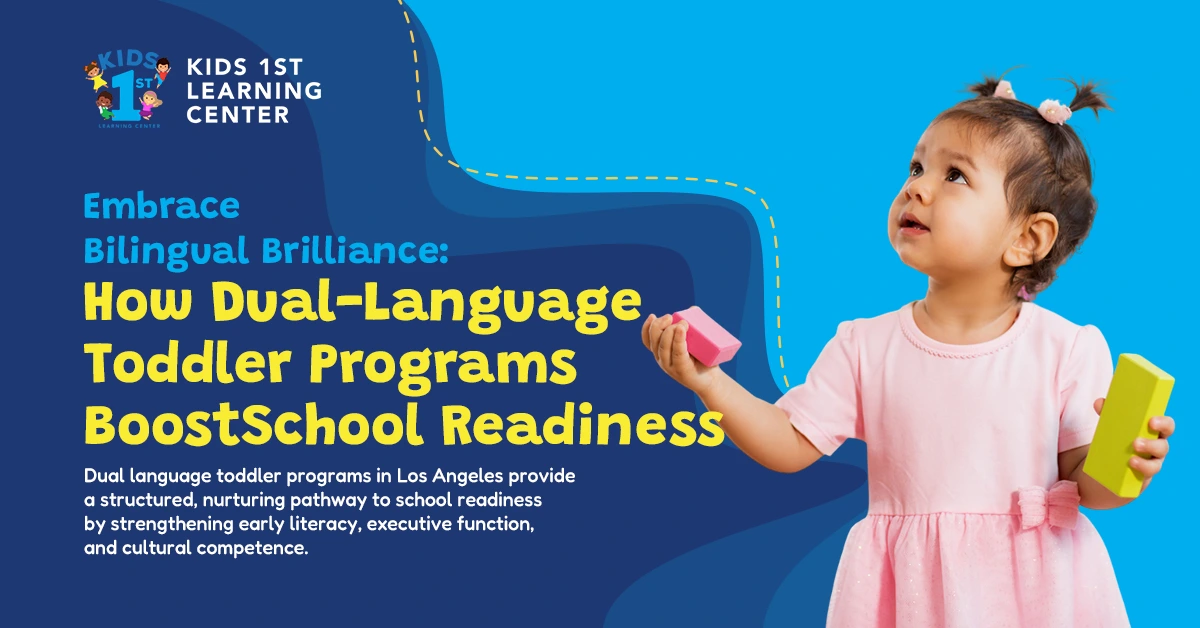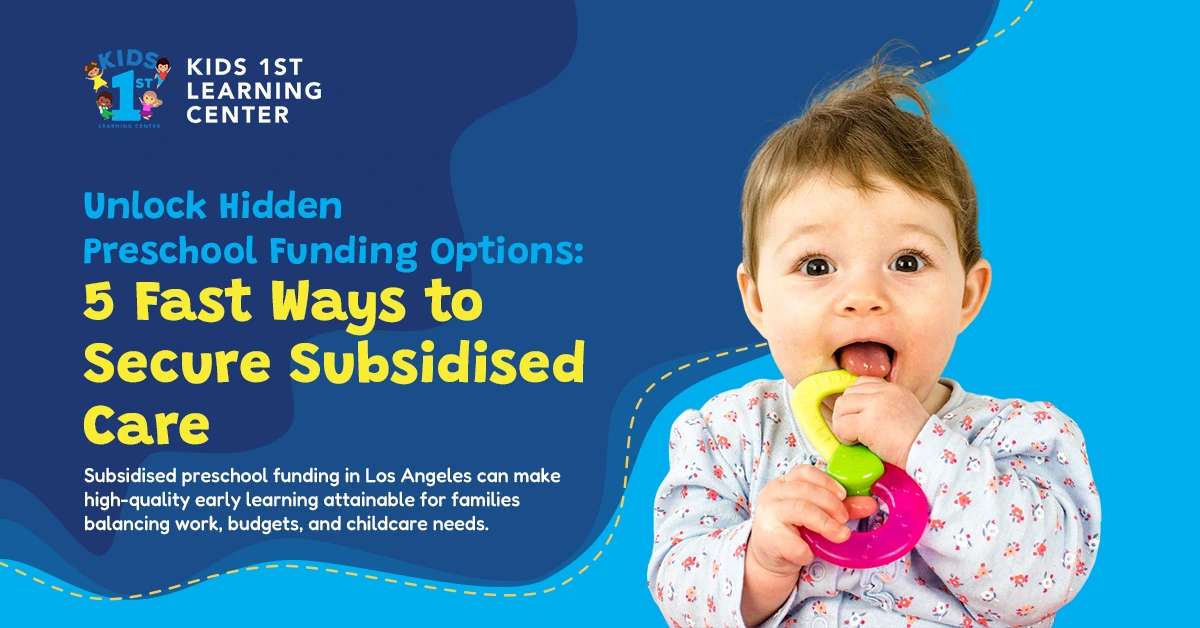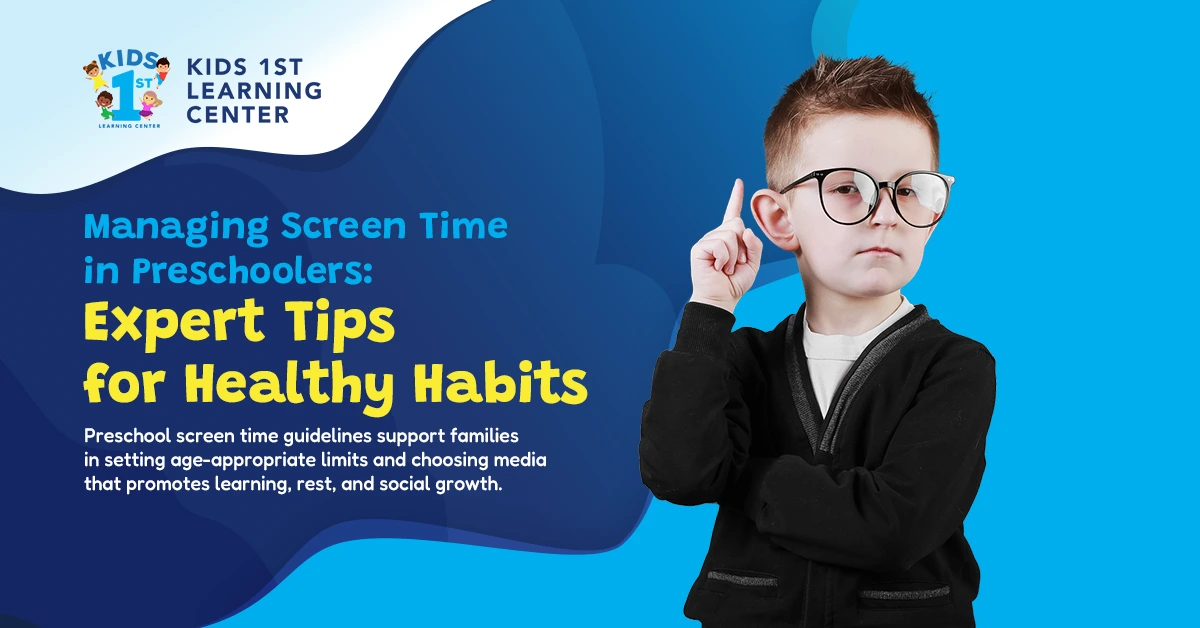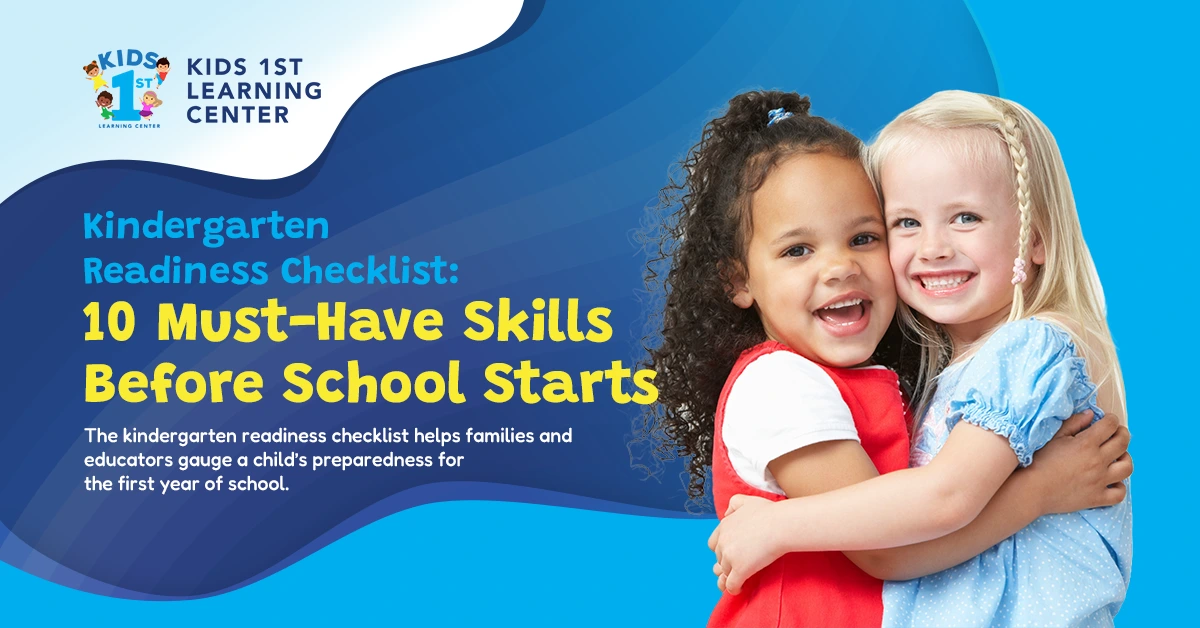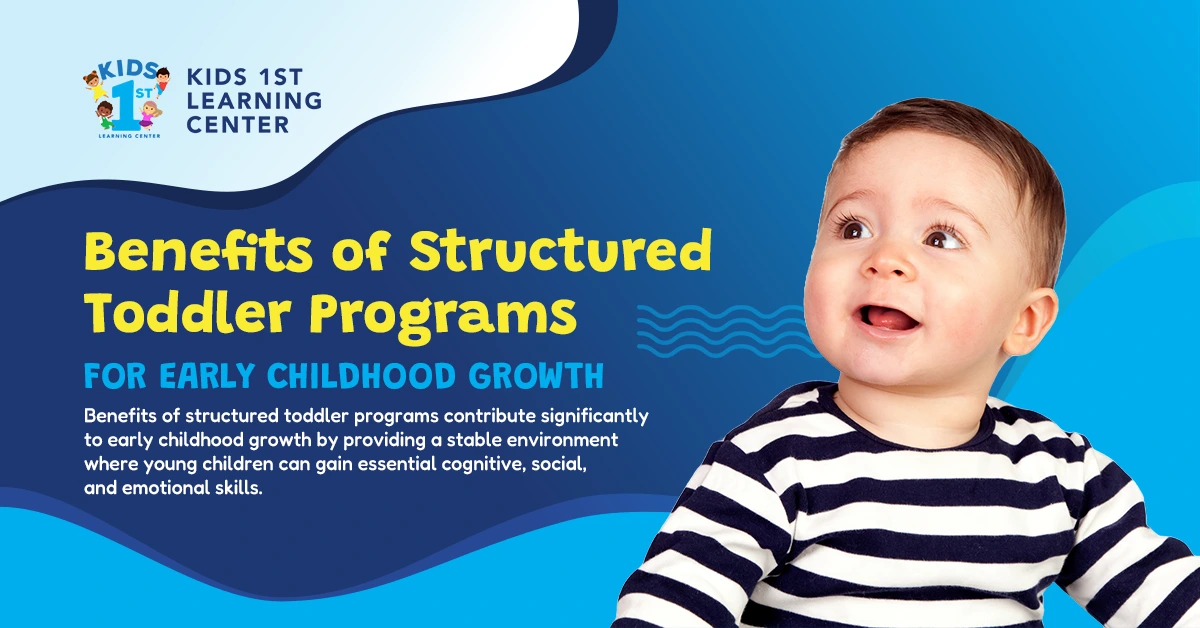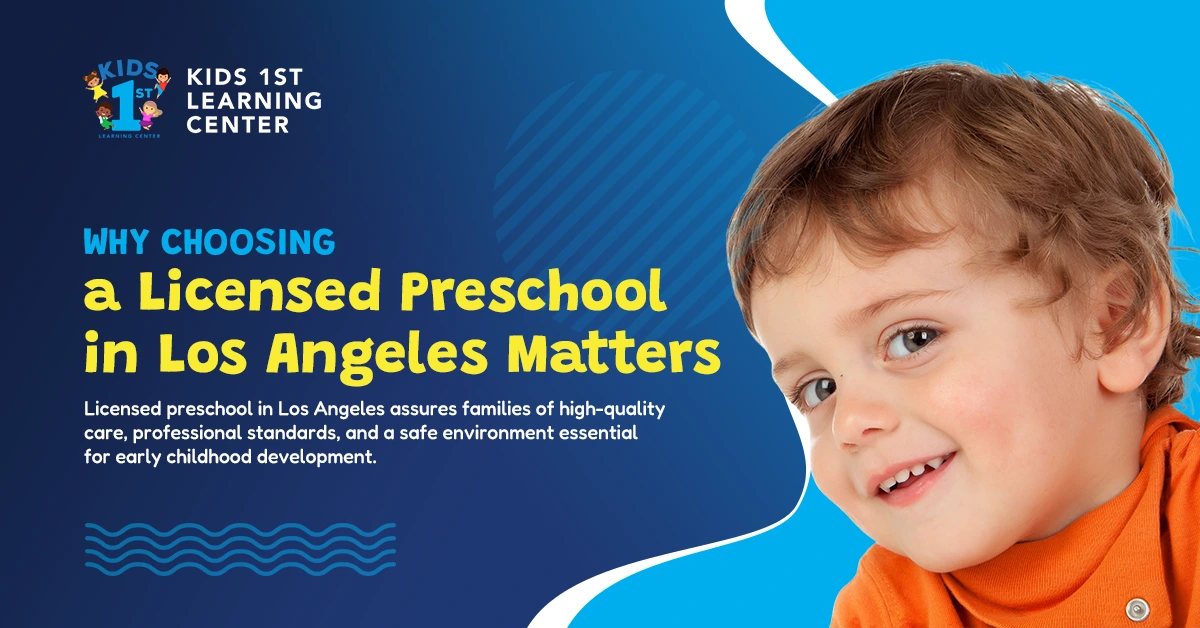
Licensed preschool in Los Angeles assures families of high-quality care, professional standards, and a safe environment essential for early childhood development. Selecting a licensed facility ensures adherence to state regulations, qualified staff, and structured programs to nurture children’s cognitive, social, and emotional growth.
Licensed preschools provide consistent routines, educational activities, and a secure setting that fosters confidence and learning readiness. Parents can trust that their children are backed by trained educators committed to delivering developmentally appropriate experiences. Understanding the importance of choosing a licensed preschool helps families make informed decisions that positively impact their child’s foundational years.
Accredited Preschool Programs: Ensuring Educational Quality
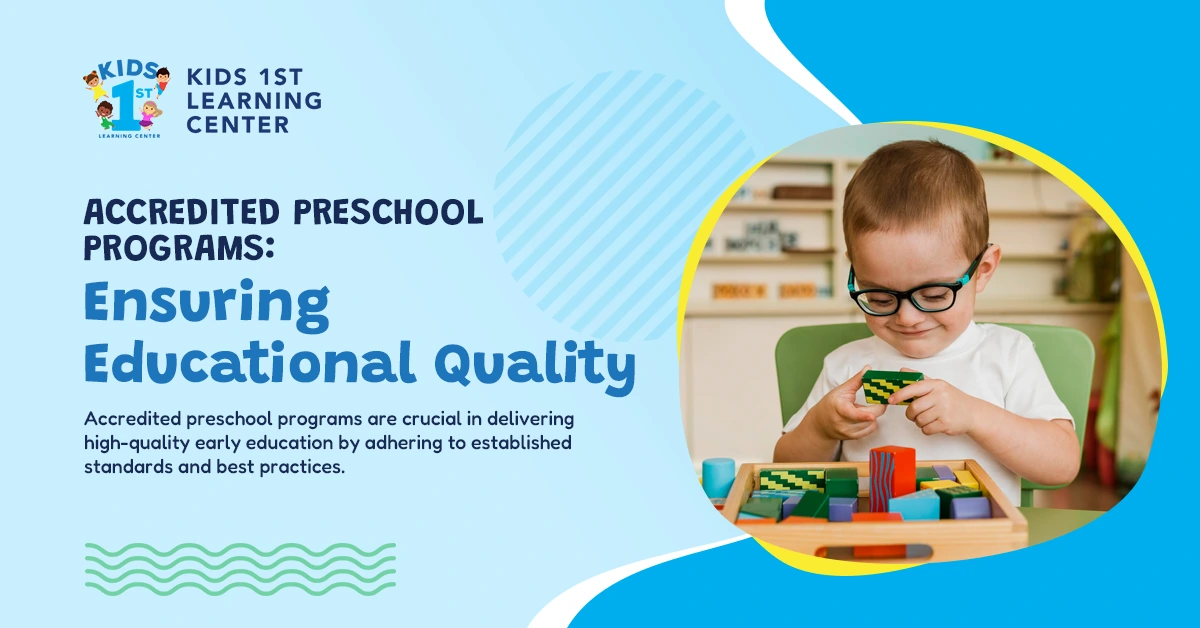
Accredited preschool programs are crucial in delivering high-quality early education by adhering to established standards and best practices. These programs undergo rigorous evaluation to ensure they provide environments and experiences that foster children’s cognitive, social, and emotional growth. Selecting an accredited program offers families confidence that their child’s educational foundation is being built in a setting committed to excellence.
Curriculum Standards and Developmental Benchmarks
Accredited programs implement structured curricula designed to support each stage of child development. These standards help ensure that educational activities are purposeful and age-appropriate. Families can expect accredited programs to provide:
- Lesson plans aligned with developmental milestones in language, math, science, and social skills
- Activities that promote problem-solving, creativity, and critical thinking
- Consistent evaluation of children’s progress against clear learning objectives
- Adaptations for diverse learning styles and individual needs
- Integration of play-based learning to engage children in meaningful ways
Importance of Age-Appropriate Learning Activities
Accredited preschools recognize that young children learn best through activities that match their developmental stages. Carefully planned experiences support learning while maintaining a sense of enjoyment and curiosity. Advantages of age-appropriate activities include:
- Encouraging social interaction through group projects and cooperative play
- Building fine and gross motor skills through hands-on tasks and physical movement
- Introducing early literacy and numeracy concepts in engaging contexts
- Supporting emotional expression and self-regulation through creative activities
- Providing sensory experiences that enhance exploration and understanding of the world
How Accreditation Supports Continuous Program Improvement
Accreditation involves ongoing review processes that help schools maintain high standards and strive for constant improvement. Families benefit from programs dedicated to evolving and enhancing their educational offerings. Key aspects of continuous improvement include:
- Regular external assessments to ensure compliance with quality benchmarks
- Staff participation in professional development and training programs
- Incorporation of new educational research and innovative practices
- Transparent communication with families regarding program goals and outcomes
- Commitment to maintaining safe, nurturing, and inclusive learning environments
Accredited preschool programs ensure educational quality by upholding rigorous standards, delivering developmentally appropriate learning experiences, and embracing continuous improvement. Choosing such programs gives families confidence that their children are receiving an exceptional start to their educational journey.
Certified Early Education Centers: Professional Staff and Safe Environments
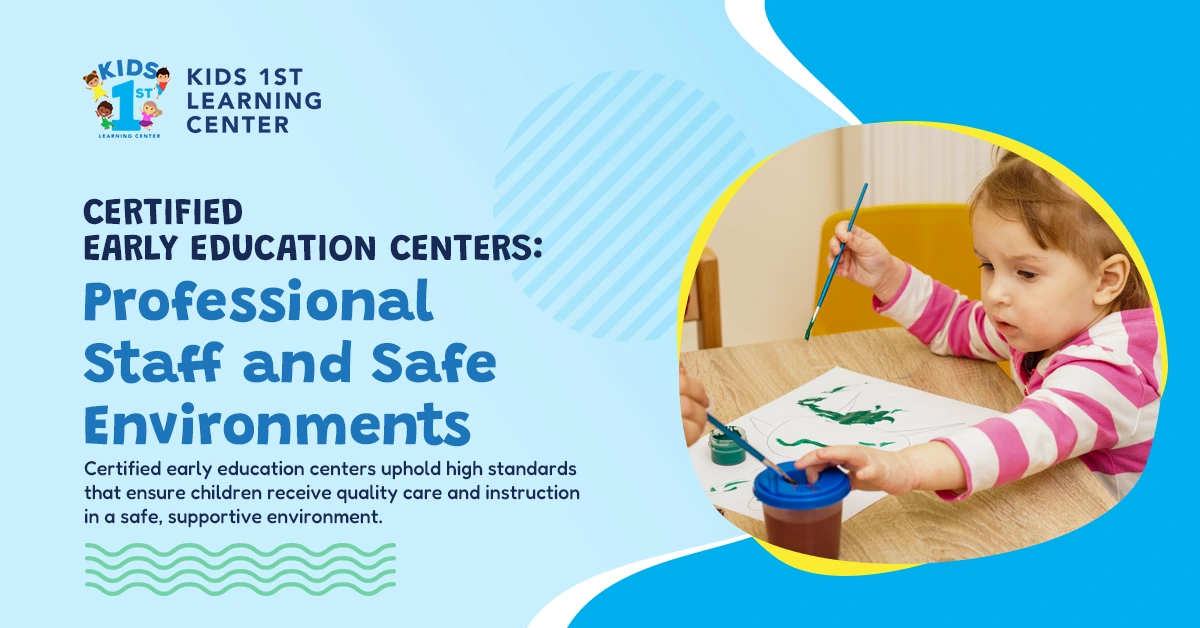
Certified early education centers uphold high standards that ensure children receive quality care and instruction in a safe, supportive environment. Certification demonstrates that a center has met stringent requirements related to staffing, safety protocols, and educational practices. Families benefit from the assurance that their children are guided by skilled professionals who foster development and well-being.
Teacher Qualifications and Specialized Training
One of the significant advantages of certified early education centers is the emphasis on hiring qualified staff with expertise in early childhood education. Educators in certified centers possess the skills necessary to support children’s varied learning needs. Families can expect certified centers to employ teachers who:
- Hold degrees or credentials in early childhood education or related fields
- Complete ongoing professional development for best practices
- Understand child development stages and appropriate teaching strategies
- Demonstrate skills in managing classroom dynamics and promoting positive behavior
- Foster inclusive practices that respect diverse backgrounds and learning styles
Safety Measures and Regulatory Compliance
Certified early education centers prioritize the health and safety of every child. Certification requires adherence to strict regulations and regular inspections, ensuring that facilities maintain safe environments. Essential safety measures include:
- Secure entry systems and controlled access to the building
- Detailed emergency preparedness plans and regular safety drills
- Sanitation practices that reduce the spread of illness and maintain cleanliness
- Age-appropriate furnishings and materials to prevent accidents
- Clear policies for managing allergies, medication administration, and health concerns
Benefits of Professional Oversight in Early Education
Certified centers benefit from external oversight that promotes consistent quality and accountability. This professional scrutiny ensures that programs operate with integrity and effectiveness. Advantages of such oversight include:
- Regular assessments of educational practices and facility operations
- Implementation of up-to-date methods aligned with research in early childhood education
- Transparent communication with families regarding program policies and practices
- Guidance and resources provided to support staff development and curriculum enhancement
- Continuous evaluation and refinement of program effectiveness and safety standards
Certified early education centers deliver a secure, high-quality environment where professional staff foster children’s growth and development. Families choosing certified programs can trust that their children are cared for by knowledgeable educators within safe, well-managed facilities dedicated to early learning excellence.
Licensed Childcare Facilities: Legal Compliance and Parental Peace of Mind
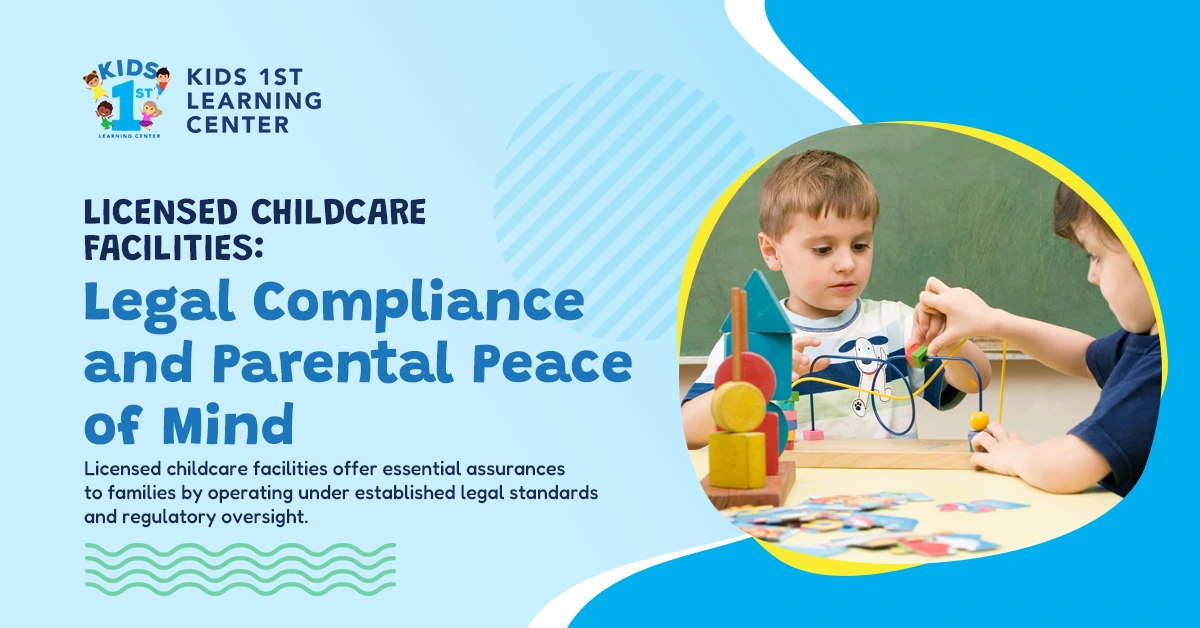
Licensed childcare facilities offer essential assurances to families by operating under established legal standards and regulatory oversight. Licensing is a mark of accountability, demonstrating that a facility meets specific requirements to safeguard children’s health, safety, and development. Parents gain confidence knowing their children are cared for in environments that comply with stringent regulations and are committed to maintaining high-quality standards.
Understanding State Licensing Requirements in California
California’s licensing system is designed to protect children by ensuring facilities adhere to clear operational guidelines. Licensed childcare providers must meet and maintain compliance with laws governing various aspects of care. Key licensing requirements include:
- Completion of background checks for all staff to ensure safety and suitability
- Adherence to child-to-staff ratios that support individualized attention
- Maintenance of comprehensive health and safety records for each child
- Compliance with building codes and facility maintenance standards
- Ongoing inspections and evaluations conducted by state licensing authorities
Health, Safety, and Facility Standards
Licensed childcare facilities prioritize maintaining safe and healthy environments where children learn and thrive. These standards help prevent accidents, illness, and other risks. Essential safety and health practices include:
- Daily sanitation of classrooms, toys, and learning materials
- Secure access controls to monitor who enters and exits the facility
- Safe storage and administration of medications as needed
- Age-appropriate equipment and materials to minimize hazards
- Emergency plans and staff training for fire, earthquake, and other incidents
How Licensing Promotes Transparency and Accountability
Licensing requirements promote transparency and ensure families can make informed decisions about childcare services. Parents benefit from access to clear information and the assurance that facilities are held accountable. Licensing supports:
- Public records of facility inspections and any compliance issues
- Availability of licensing reports for parent review and consideration
- Channels for parents to voice concerns or report problems
- Policies and procedures that are communicated
- Consistent quality standards that facilities must maintain to retain licensure
Licensed childcare facilities provide families peace of mind by demonstrating legal compliance and dedication to children’s well-being. Choosing a licensed provider ensures children receive care in a secure, well-regulated environment that prioritizes safety, transparency, and developmental growth.
Benefits of Structured Learning in Licensed Preschools
Structured learning in licensed preschools offers significant advantages that support children’s comprehensive development and readiness for future educational experiences. Licensed preschools follow established curricula and daily routines, creating settings where children can thrive academically, socially, and emotionally. These benefits ensure that children receive a solid foundation during critical early years.
Social and Emotional Development Through Group Activities
Structured learning environments allow children to engage with peers, helping them build essential social and emotional skills. Group activities are intentionally designed to foster positive interactions and personal growth. Children benefit from:
- Learning to share, cooperate, and communicate with others
- Developing empathy and understanding diverse perspectives
- Building friendships that promote a sense of belonging and community
- Practicing conflict resolution skills in a supportive setting
- Gaining confidence through participation in group projects and performances
Preparation for Kindergarten and Future Schooling
Licensed preschools introduce children to routines and learning experiences that mirror those in elementary school, easing the transition into formal education. This preparation provides children with the tools necessary for future academic success. Advantages of early preparation include:
- Familiarity with structured schedules and classroom expectations
- Development of listening skills and the capability to follow multi-step instructions
- Exposure to foundational literacy and numeracy concepts
- Practice working both independently and collaboratively
- Enhanced adaptability to new learning environments and teaching styles
Building Routines and Fostering Independence
Structured learning environments help children establish routines that promote independence and self-confidence. Daily schedules and clear expectations guide children in managing their activities and responsibilities. Benefits of structured routines include:
- Learning time management through consistent transitions between activities
- Developing responsibility for personal belongings and classroom tasks
- Gaining self-help skills such as dressing, washing hands, and organizing materials
- Understanding and following the rules that ensure safety and cooperation
- Cultivating a sense of achievement from completing assigned tasks independently
The benefits of structured learning in licensed preschools extend beyond academics, encompassing social growth, emotional resilience, and essential life skills. Licensed preschools play a vital role in preparing children for future educational success and well-being by providing organized, nurturing environments.
Conclusion
Choosing a licensed preschool in Los Angeles is essential in ensuring children receive quality education, professional care, and a safe environment during their formative years. Licensed and accredited programs, supported by certified educators, provide structured learning experiences that foster cognitive, social, and emotional growth. Families gain confidence knowing their children are guided by qualified professionals prioritizing safety, developmental milestones, and educational excellence. Investing in a licensed preschool supports a child’s immediate needs. It develops a strong foundation for future academic success and personal well-being.
To learn more about enrolling your child in a trusted licensed preschool, visit Kids 1st Learning Center’s contact page or call (818) 873-0133 for further information.

